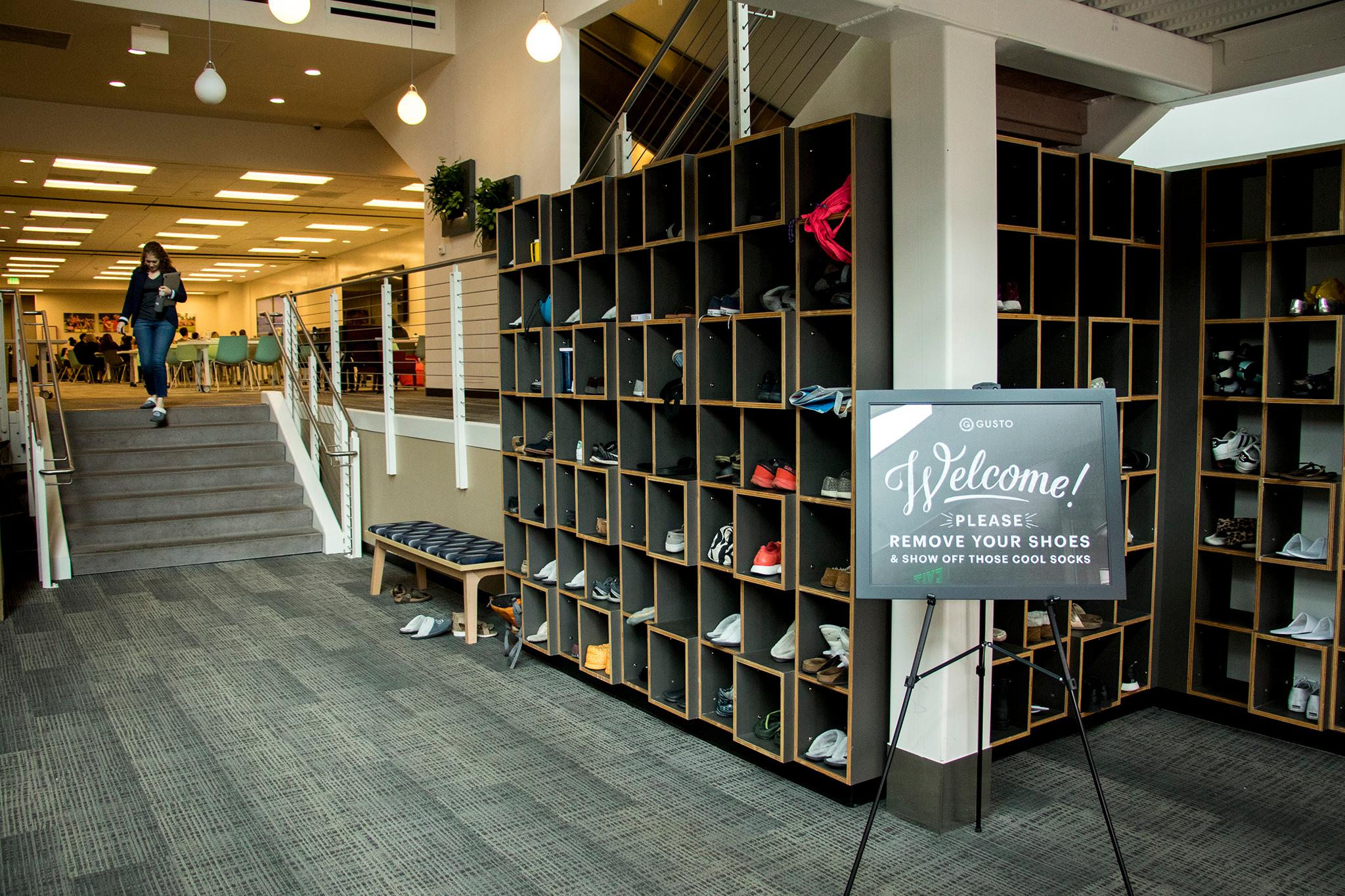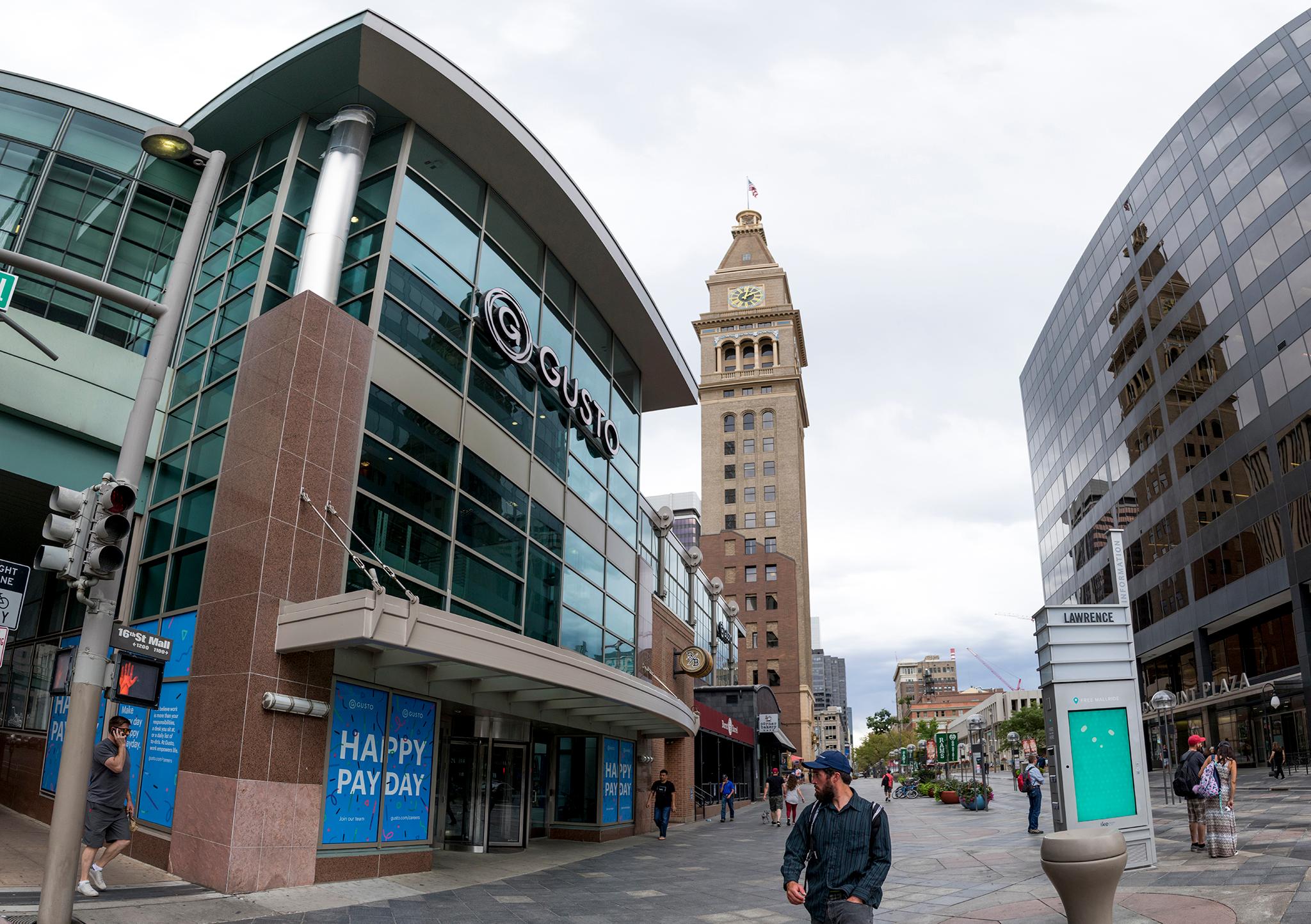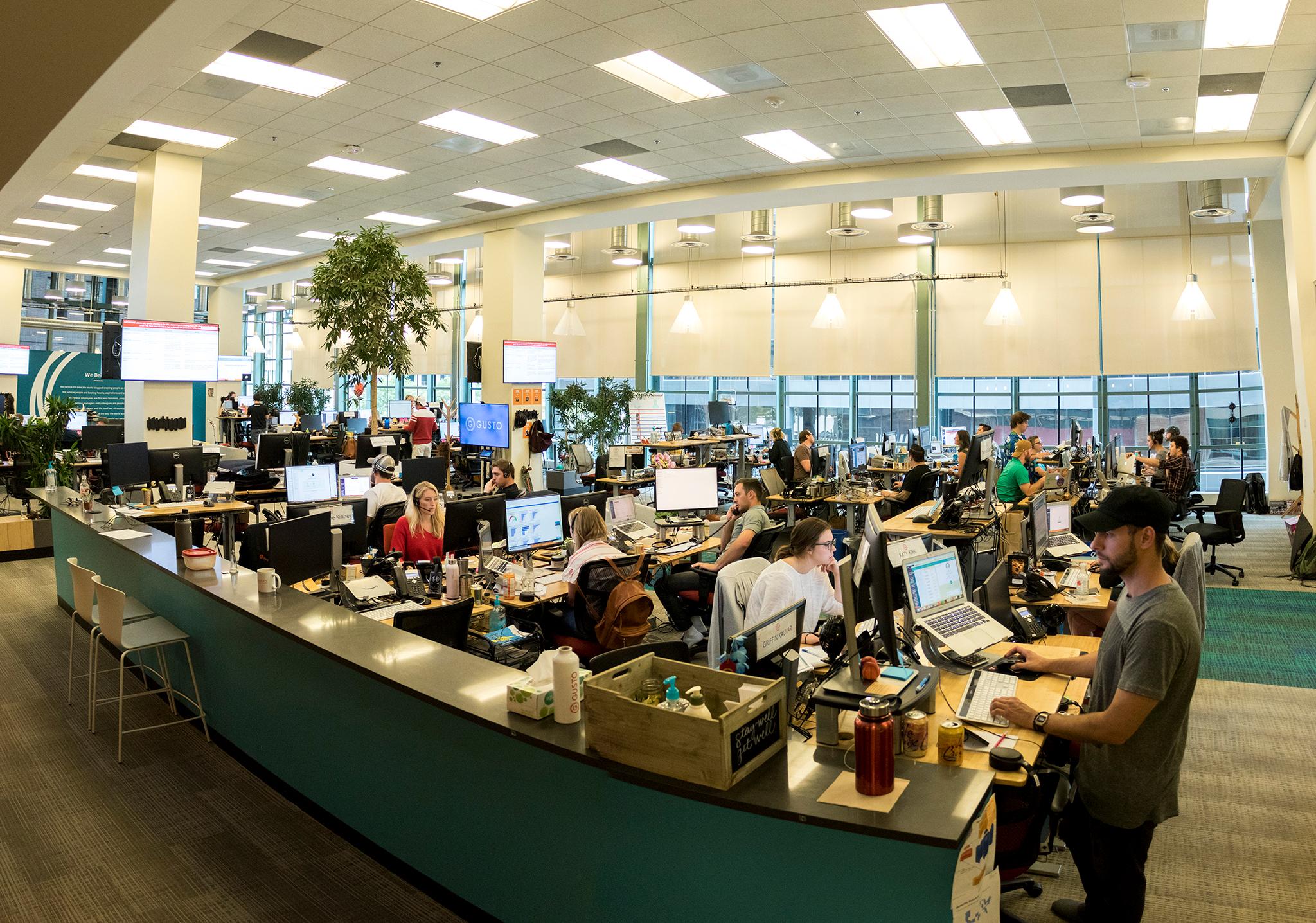Denver’s tech industry has been growing so fast over the last several years that it is literally changing the way office space is utilized in the city, according to a recent CBRE report. Changes include tech spaces taking up office space in Denver at twice the rate this year as last year.
Over the past four quarters, downtown Denver alone has taken on an additional 472,282 square feet of tech-focused office space.
"The net absorption is probably the biggest we’ve ever seen; it’s double from last year," said Alex Hammerstein, a Senior Vice President with CBRE’s Tech and Media Practice in Denver. "It is obvious that there has been a significant change in the tech landscape."
The reasons for the massive tech boom are many, but Denver’s cost of living and ability to attract and foster a young, educated talent pool for tech companies are among the biggest. According to the CBRE’s research, between 2010 and 2017 the share of people between 20 and 34-years-old increased 16.9 percent.
Although that trend has also led to increases in the tech industry in other Colorado cities like Colorado Springs, Fort Collins, and Boulder, this industrial shift has been especially forceful in the Denver landscape because that’s where the bulk of the tech labor pool wants to be, he said.
“As long as the labor base continues to live around central downtown Denver we’ll continue to see tech growth downtown,” Hammerstein said.

Hammerstein said it's surprisingly common to see millennials follow their companies to Denver from other locales. They find a more affordable living situation than what they are accustomed to in the major coastal cities, where most of the tech industry is currently housed.
Denver's lower cost of living works out for the employers, too. The average tech employee in Denver gets paid $100,751 annually — in contrast to $125,438 and $117,159 in salaries in San Francisco and Seattle respectively.
“The sense I get, from the people I talk to, is that a lot of their new employees are millennials that are moving to Denver for the quality of life and low cost of living combination,” said Hammerstein. “What we’re seeing with our clients that are moving from the Bay Area, is that they're actually importing a lot of their employees. There's been a really positive response from those employees for obvious reasons.”
Gusto, a small business-focused tech company, opened a second headquarters in Denver for a lot of those reasons.
Their original headquarters is in San Francisco. But Rick Chen, Gusto’s communications director, says that unlike other companies they didn’t have much interest in bringing talent to Denver. They were instead interested in trying to capitalize on the talent pool in Colorado they recognized before many of their competitors, he said.
“It was really access to the talent. We wanted to get our roots in before anyone else because we wanted to keep access,” Chen said. “As we did some sourcing and recruiting of the different talent pools across the country, we found that Colorado is the place to be, and we wanted to be in downtown Denver.”

It would also allow them to create the type of work environment they want to foster for their employees, he said.
"We wanted to be in the large urban core of Denver because that's where all the young people are, and all the more experienced folks in the suburban areas of Denver, want to work."
They have ambitions for their 16th Street Mall-adjacent office to become a New York University-style "urban campus" as they expand. Oh, and they'd like to eventually employ 1,000 people here.
"It’s the perfect place for us to build," Chen said. "There are a lot of tech companies that are in the suburbs or the Denver Tech Center, and we have no intention of moving. We really want to stay in Denver. When we do employ 1,000 people they're going to be in downtown Denver."
He said that Gusto's focus on small and local businesses makes it critical for employees to be interacting with those businesses on a daily basis.
This influx of tech offices may only be the beginning of a trend. With 1.3 million square feet of office space currently under construction, there's about to be more room to expand.












